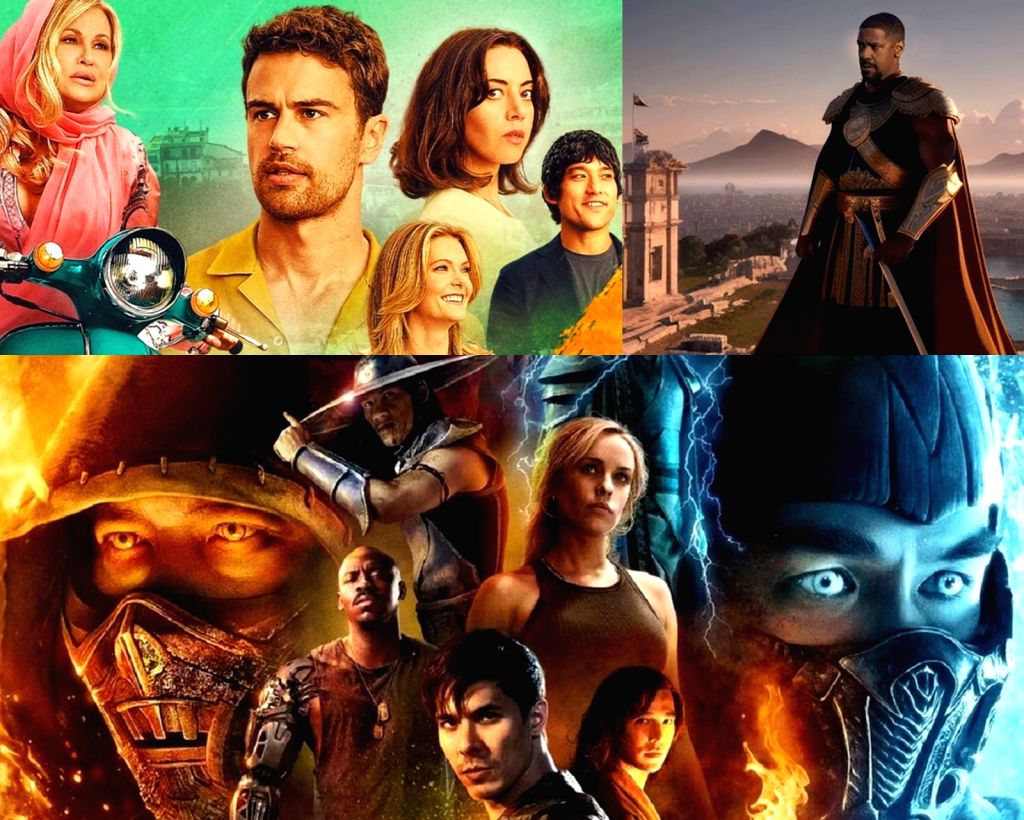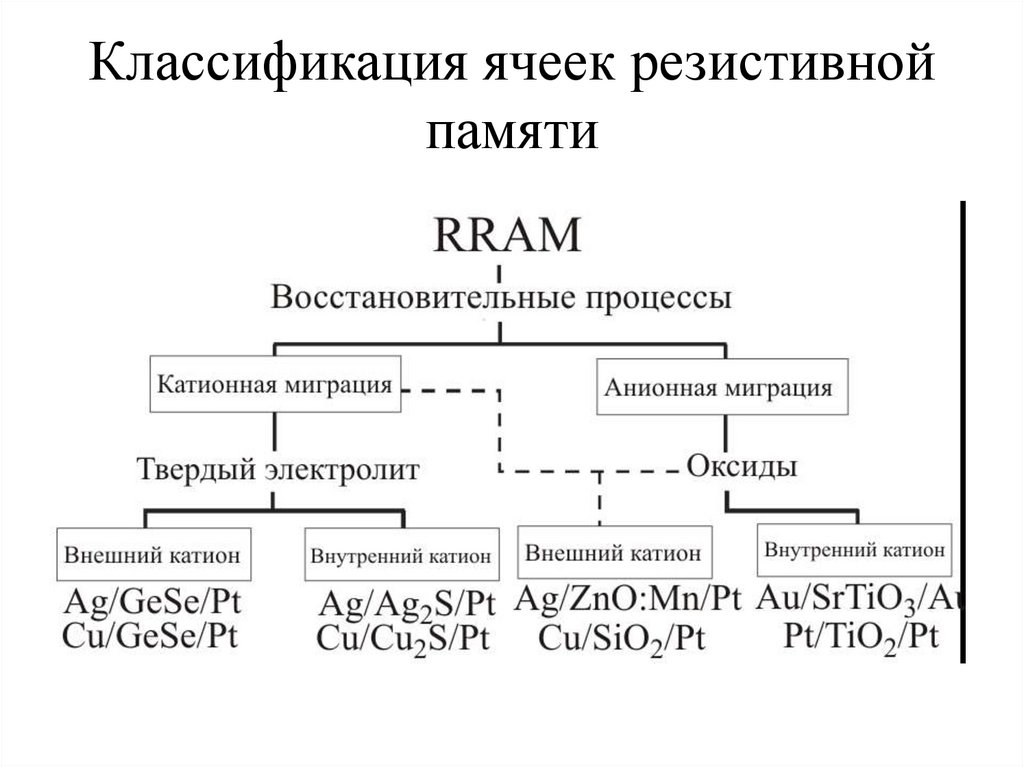Double Strike Cripples Hollywood: Writers And Actors Demand Fair Contracts

Table of Contents
Key Demands of the WGA and SAG-AFTRA
The Hollywood strike isn't simply about higher salaries; it's a multifaceted fight for fundamental changes in the industry's power dynamics and working conditions. Both the WGA and SAG-AFTRA have presented a united front, demanding significant improvements across several key areas.
Fair Compensation and Residuals in the Streaming Era
The rise of streaming services has fundamentally altered the landscape of television and film. Traditional television models offered writers and actors residuals – payments made each time their work aired – providing a crucial source of ongoing income. Streaming, however, has dramatically reduced or eliminated these residuals for many.
- The Discrepancy: While a hit show on network television might generate substantial residual payments for years, streaming platforms often offer minimal or one-time payments, regardless of a show's popularity and longevity.
- Shrinking Payments: Data shows a significant decline in residual payments for writers and actors since the rise of streaming. For example, a writer might receive thousands of dollars in residuals from a network television show rerun, whereas the same amount of work on a streaming hit might yield only a few hundred dollars.
- Examples: Popular streaming shows, even those with massive global viewership, have seen writers and actors receive comparatively paltry residuals compared to their traditional counterparts. This inequity lies at the heart of the Hollywood strike.
Concerns Regarding the Use of Artificial Intelligence (AI)
The rapid advancement of artificial intelligence poses a significant threat to the job security of writers and actors. Studios are increasingly exploring the use of AI for tasks traditionally performed by humans.
- AI Replacement Fears: Writers worry that AI could be used to generate scripts, reducing the need for human writers. Actors fear AI-generated performances could replace them in future productions, diminishing their roles and value.
- AI in Scriptwriting and Performance: Early experiments with AI in scriptwriting and performance generation show the technology is capable of producing basic content. While not yet a perfect replacement, its potential to reduce the need for human talent is a significant concern.
- Lack of Regulation: Currently, there's little regulation or legal protection for creative professionals against the encroachment of AI. The unions are pushing for protections to ensure that human creativity remains valued and protected.
- Examples of AI Usage: Some studios are already experimenting with AI for tasks such as generating story outlines, writing basic dialogue, or creating digital doubles of actors for specific scenes. This trend is viewed with considerable apprehension by those on strike.
Minimum Staffing and Working Conditions
The WGA and SAG-AFTRA are also demanding improvements in minimum staffing levels and working conditions on productions. Years of cost-cutting measures have resulted in overstretched crews and insufficient support for creatives.
- Importance of Adequate Staffing: Adequate staffing is essential for ensuring the quality of productions and providing a safe and fair working environment for all crew members.
- Issues of Burnout: Long working hours, inadequate breaks, and insufficient support contribute to widespread burnout among writers, actors, and other creatives.
- Statistics on Working Conditions: Studies have revealed alarming statistics regarding the prevalence of excessive working hours, lack of rest, and inadequate crew sizes in the entertainment industry, highlighting the urgent need for reform.
- Instances of Violations: Numerous instances of studios violating fair working conditions have contributed to the growing discontent leading to the current Hollywood strike.
Impact of the Double Strike on Hollywood
The Hollywood strike's impact extends far beyond the picket lines, affecting various sectors and potentially reshaping the industry's future.
Production Delays and Financial Losses
The double strike has brought numerous film and television productions to a complete standstill, resulting in significant financial losses for studios and the wider economy.
- Halted Projects: Hundreds of film and television projects are currently on hold, causing substantial delays in release schedules.
- Financial Losses: Estimates of financial losses due to the strike run into billions of dollars, impacting not only studios' profits but also related industries and local economies.
- Delayed/Canceled Projects: The number of television shows and films delayed or canceled is growing daily, illustrating the strike's extensive reach.
- Impact on Ancillary Businesses: Businesses that rely on the entertainment industry – catering, transportation, location services – are also experiencing significant hardship.
Ripple Effects Across the Entertainment Industry
The consequences of the Hollywood strike resonate throughout the entire entertainment ecosystem.
- Post-Production, Distribution, and Marketing: Post-production work, distribution, and marketing campaigns are all being affected, leading to further delays and uncertainty.
- Independent Filmmakers and Smaller Companies: Independent filmmakers and smaller production companies are particularly vulnerable, facing challenges securing funding and navigating the uncertainties of the strike.
- Related Industries: Various related industries, from catering services to transportation and accommodation providers, are experiencing a significant downturn in business.
- Affected Aspects: The strike impacts everything from script development and casting to filming, editing, and final release of films and television shows.
Public Opinion and Media Coverage
The Hollywood strike has garnered significant media attention, sparking public debate and shaping perceptions of the ongoing conflict.
- Public Perception: Public opinion is largely supportive of the striking writers and actors, recognizing the importance of fair compensation and improved working conditions.
- Media Coverage: Media coverage varies, with some outlets focusing on the economic impact of the strike, while others highlight the labor issues and the fight for fairer contracts.
- Public Support and Opposition: While widespread public support is evident, there's also some opposition, particularly from those concerned about the economic consequences of the strike.
- Social Media's Role: Social media plays a crucial role in shaping public opinion, allowing strikers to share their stories and garner broader support for their cause.
Potential Outcomes and Long-Term Implications
The resolution of the Hollywood strike remains uncertain, with several possible scenarios unfolding.
- Negotiation Outcomes: Successful negotiations could lead to a new contract addressing the key demands of the WGA and SAG-AFTRA, ensuring better compensation and working conditions.
- Long-Term Implications: Regardless of the immediate outcome, the strike will have long-term implications for the industry, potentially leading to changes in contract negotiations, labor practices, and the overall power dynamic between studios and unions.
- Renewed Negotiations and Compromises: Both sides might be forced to make compromises to reach an agreement that safeguards the livelihoods of creative professionals while ensuring the continued viability of the entertainment industry.
- Shifting Power Dynamics: The strike could lead to lasting changes in the power dynamic between studios and labor unions, potentially giving more bargaining power to workers.
Conclusion
The Hollywood double strike, involving the WGA and SAG-AFTRA, represents a critical turning point for the entertainment industry. The fight for fair contracts highlights the urgent need for equitable compensation, protection against AI encroachment, and improved working conditions for writers and actors. The impact of this Hollywood strike is far-reaching, affecting not only the creative community but also the broader economy. The ultimate outcome will significantly shape the future of entertainment. Understanding the issues at stake and the demands of the striking workers is crucial to ensuring a fair and sustainable future for the industry. Let's continue to follow the development of the Hollywood strike and advocate for fairer contracts for all creatives. Stay informed and support the fight for fair compensation in the entertainment industry.

Featured Posts
-
 Where To Stream Eva Longorias Searching For Spain
May 13, 2025
Where To Stream Eva Longorias Searching For Spain
May 13, 2025 -
 The Growing Popularity Of Secondhand Goods
May 13, 2025
The Growing Popularity Of Secondhand Goods
May 13, 2025 -
 Fizika I Khimiya V Detskom Sadu Novye Gosudarstvennye Standarty
May 13, 2025
Fizika I Khimiya V Detskom Sadu Novye Gosudarstvennye Standarty
May 13, 2025 -
 74 Ludi By Malo Problem Prenajmu Nehnutelnosti Romovi Preco
May 13, 2025
74 Ludi By Malo Problem Prenajmu Nehnutelnosti Romovi Preco
May 13, 2025 -
 Kim Kardashians Swim Collection Launch Public Outrage Over Tory Lanez Soundtrack
May 13, 2025
Kim Kardashians Swim Collection Launch Public Outrage Over Tory Lanez Soundtrack
May 13, 2025
